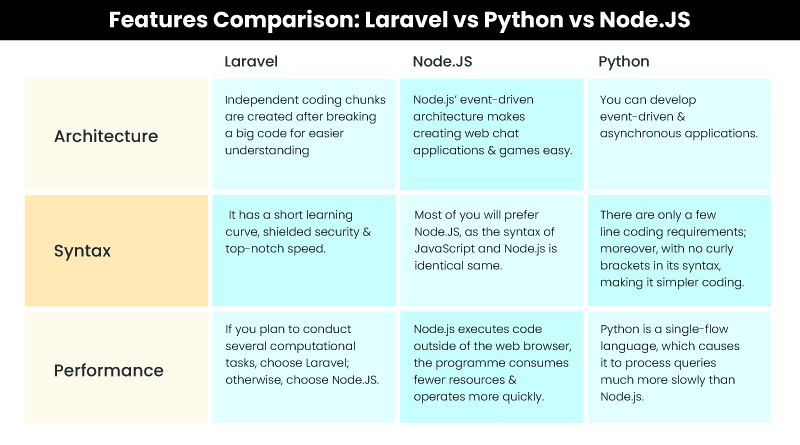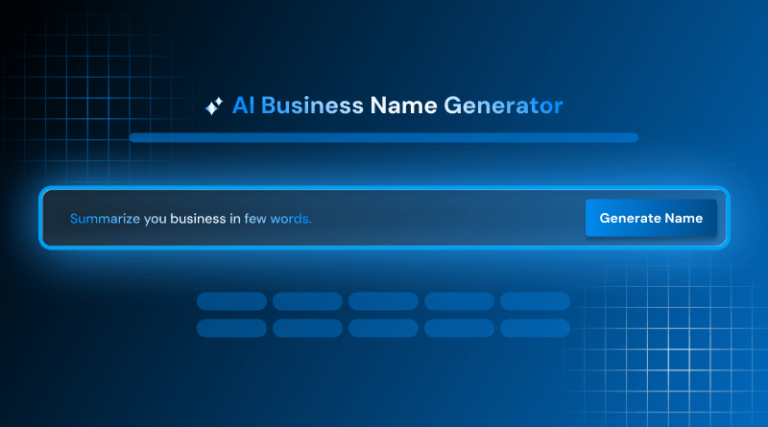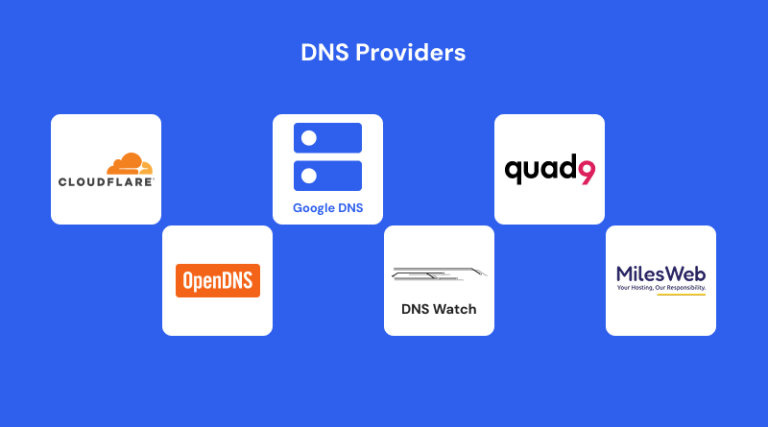In the field of web development, there are numerous scripting and computer languages used. With the help of this programming, developers develop mobile apps, web API, websites and other web projects. They use different frameworks like Laravel, Python and Node.js to help develop web projects. However, if anyone has to make those projects accessible for all, they require Laravel web hosting or Node.js web hosting services.
MilesWeb offers the same with compelling features like 24×7 support, SSD NVMe storage, 99.95% uptime and many more. Returning to our topic, while beginning new web projects, developers employ different frameworks and might have stuck between Python vs Node.JS or Laravel vs Node.JS.
If you, as a reader, also have the same query about what to choose between Python vs Laravel vs NodeJS, here is the right guide to answer it. Keep reading.
Table Of Content
Briefing Laravel
Laravel is an open-source PHP web framework that includes several features. Routing, HTML authentication, templating, and many things are included in server-side functionality. It includes some reusable PHP libraries and components.
By getting the same kind of framework, developers easily create applications with full-stack apps, pre-defined architecture, templates, web portals, and custom backend logic, allowing SaaS management products. They require Laravel hosting services to make web projects accessible to worldwide users.
There are millions of websites that Laravel powers.
Related: Laravel vs WordPress: Which One is Ideal to Use?
All About Node.JS
Node.js is a compelling framework developed using JavaScript. It includes an I/O (Input Output) architecture, an event-driven and non-blocking feature because of which developers create multi-device, real-time and data-intensive applications.
Using JavaScript for developing Node.js applications is easier. Also, these applications are compatible with Linux, Windows and Mac OS X. Node.js hosting servers make applications easy to execute on common platforms.
According to various reports, websites worldwide use Node.js between 1.4% and 2.2%—Node.js powers at least 30 million websites, if not more. According to reports, high-traffic websites prefer the runtime.
Related: Top 10 Node.js Developer Tools
Understanding Python
Python is a dynamic, high-level and object-oriented programming language having several uses. Its syntax, dynamic types, and interpreted nature make it suitable for scripting.
It supports different programming paradigms. It includes procedural, functional and object-oriented methods. Most developers use Python language for developing web projects. Because it is an interpreted language, so cannot be translated into machine-readable code. Python community is vast, and therefore any beginner can use tutorials and guides for learning.
Features Comparison: Laravel vs Node.JS vs Python

Now, let’s compare the features of Laravel, Python and Node.JS web development frameworks.
Architecture
- Laravel: Most of the eCommerce applications leverage this micro-framework. It is because Laravel comprises several modules working separately and extensively on distinct building blocks. So, independent coding chunks are created after breaking a big code for easier understanding.
- Node.JS: The event-driven Node.js system supports asynchronous input and output. The thread is not blocked since a process is launched before the event occurs. Node.js’ event-driven architecture makes creating web chat applications and games easy.
- Python: It is different with Python, however. With the help of specific tools, you can develop event-driven and asynchronous applications. Python’s asyncio module allows for the creation of asynchronous code, just like Node.js. Nonetheless, this module is not available on all Python platforms.
Syntax
- Laravel: The coding syntax is a major thing in a programming language; therefore, Laravel has a clear syntax. Also, it has a short learning curve, shielded security and top-notch speed. If we consider mostly used PHP framework, Laravel tops the table, and several studies and reports have shown the same.
- Node.js: Most of you will prefer Node.JS in the debate of Python Vs Node. JS. However, the syntax of JavaScript and Node.js is identical same. Thus, learning Node.js is not a challenging job for those developers who are familiar with JavaScript.
- Python: Developers’ community, most of them, consider Python’s syntax as the best one. In this programming language, there are only a few line coding requirements; moreover, with no curly brackets in its syntax, making it simpler coding.
As a result, the code is much easier to read and debug. Since Python code is simple to read, even non-technical clients can understand it. Once again, it comes down to personal preference.
Performance
- Laravel: While there are a number of well-known aspects of Laravel, its speed is not one of them. But Node.js is incredibly speedy. Because Node.js is single-threaded, doing intricate mathematical operations should take some time. Despite the fact that Node.js is much faster, Laravel is more dependable if node.js vs laravel performance is compared. If we consider benefits of laravel performance optimization, Laravel as a double-decker bus, while Node.js is more akin to a motorbike. If you plan to conduct several computational tasks, choose Laravel; otherwise, choose Node.JS.
- Node.js: Node.js performs so effectively because of how the V8 engine interprets JavaScript code. Since Node.js executes code outside of the web browser, the programme consumes fewer resources and operates more quickly. For instance, TCP (Transmission Control Protocol) sockets are not supported by browsers.
- Python: Python and JavaScript are slower than compiled languages like Java since they are interpreted languages. In this case, Python loses to Node.js. Python is a single-flow language, which causes it to process queries much more slowly than Node.js. Python is not the ideal option for applications that prioritise speed and performance or call for multiple complex calculations.
Everything is dependent on your requirement about the framework. Different frameworks have different features. Therefore, we distinguished them in terms of performance, syntax, and architecture. All in all, the robust web hosting infrastructure can make a difference. MilesWeb is the right name to prefer for that. Get SSD NVMe storage, 99.95% uptime and 24×7 support at 70% off on hosting plans. Don’t you think it is a good deal? Scale your web projects today!
FAQs
Is Laravel easier to learn than Node.js?
Laravel is easier to learn than Node.js. It is built upon the Model-View-Controller (MVC) architectural pattern. Developers having expertise with PHP can perform activities like authentication and routing. Node.js has a steep learning curve. In this framework, developers have to learn non-blocking, asynchronous programming models and setups of libraries like Express.js.
Which framework is better for real-time applications?
Node.js has advanced functionality to build real-time applications like live chat, notification tools, or gaming consoles. Credit goes to its non-blocking, event-driven I/O model that effectively handles high volume connections. Laravel enables real-time functionalities through tools such as Laravel Echo and WebSockets. Its traditional synchronous structure is less suited for real-time highly concurrent, I/O intensive applications when compared to that of Node.js.
What about hosting options for Laravel and Node.js?
Laravel offers a wider range of benefits and this framework is compatible with different web hosting plans. You can host different types of web applications built on Laravel on PHP hosting and shared hosting.
Node.js being a complicated framework requires sophisticated web hosting options. You can host Node.js based web applications on VPS, dedicated, or cloud hosting.
Which is better for eCommerce website development?
Laravel is well suited for large eCommerce platforms where there is a solid MVC framework. It definitely needs solid, mature security features and great tools for managing complex databases and business logic.
Node.js is a serious contender for high-traffic eCommerce products that will require extreme speed and scalability. Its non-blocking framework will allow for super-fast API responses and thousands of users who can be processed at the same time.




















